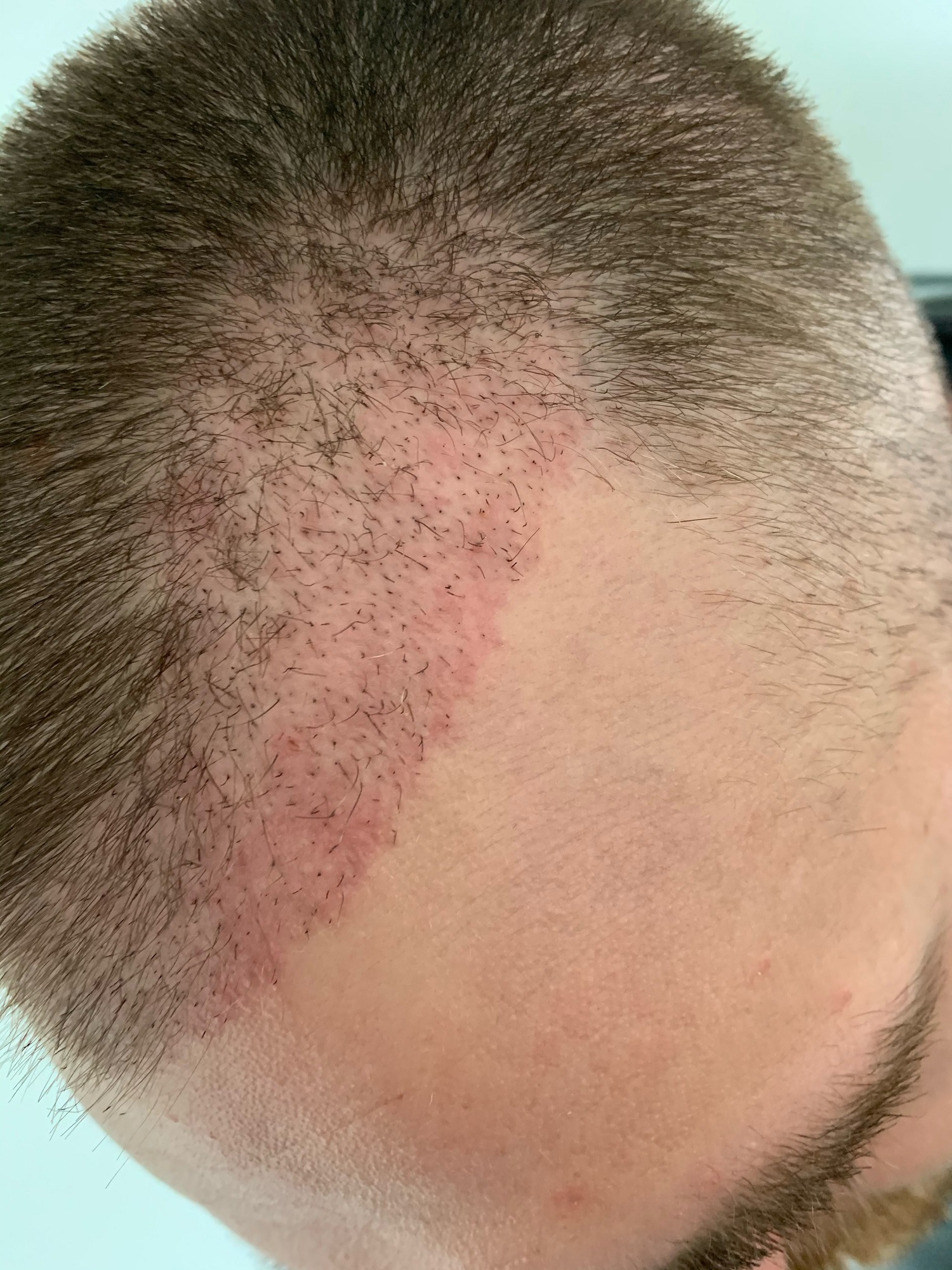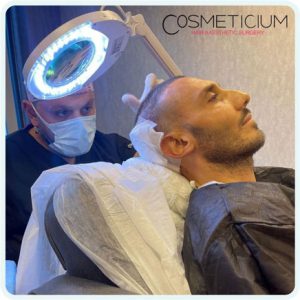Table of Contents
Can Drinking Coffee Affect Your Hair Growth Post-Transplantation?
Are you one of those coffee addicts who can’t go a day without their favorite cuppa? If you’ve recently undergone hair transplantation, you may be wondering if your caffeine fix could affect your new growth. Well, the good news is that drinking coffee won’t make your transplanted hair fall out. However, there’s more to this story than meets the eye! In this blog post, we’ll explore whether or not drinking coffee affects your hair growth post-transplantation and debunk some common myths surrounding coffee consumption and hair loss. So grab a mug of joe and read on to find out what science has to say about this topic!
What is a Hair Transplant?
A hair transplant is a surgical procedure in which hairs are removed from one area of the scalp and transplanted to another. It is typically used to treat male pattern baldness, in which hairs are lost from the front and top of the head. The procedure can also be used to restore eyebrows, eyelashes, and pubic hair.
Effects of Caffeine on Hair Growth Post-Transplantation
Caffeine can have a number of effects on hair growth post-transplantation. One of the most significant is that it can help to prevent hair loss. Caffeine can also stimulate hair growth and help to thicken existing hair. Additionally, it can help to protect the scalp and hair follicles from damage caused by free radicals.
Benefits and Risks of Drinking Coffee after Hair Transplantation
Coffee is a great way to wake yourself up in the morning, but you may be wondering if it’s safe to drink after a hair transplant. The good news is that there are no major risks associated with drinking coffee after a hair transplant. In fact, coffee can actually help improve hair growth by increasing blood flow to the scalp.
However, there are a few things to keep in mind when drinking coffee after a hair transplant. First, it’s important to wait at least 24 hours after the surgery before consuming any caffeine. This gives your body time to heal and reduces the risk of bleeding. Second, avoid using straws or hot drinks as these can increase the chances of developing an infection. Finally, make sure to stay hydrated by drinking plenty of water throughout the day.
Drinking coffee after a hair transplant is perfectly safe and can actually help improve hair growth. Just remember to wait 24 hours after surgery and stay hydrated by drinking plenty of water.
Limiting Caffeine After Hair Transplantation
It is generally recommended that patients limit their caffeine intake after hair transplantation. Caffeine can cause dehydration and increase blood pressure, which can lead to increased bleeding and swelling. It can also interfere with wound healing and increase the risk of infection.
Possible Alternatives to Coffee Consumption
There are a few possible alternatives to coffee consumption that may help with hair growth post-transplantation. These include:
1. Green tea – Green tea contains polyphenols which can help to promote hair growth. It also has antioxidant and anti-inflammatory properties which can be beneficial for overall health.
2. Herbal tea – Herbal teas can provide a variety of nutrients that may be beneficial for hair growth. Some herbs that may be helpful include hibiscus, ginseng, and nettle.
3. Supplements – There are a number of supplements that are marketed as being helpful for hair growth. These include biotin, collagen, and omega-3 fatty acids.
4. Diet and lifestyle changes – Making changes to your diet and lifestyle is often recommended as a way to improve overall health and well-being. This may also help with hair growth post-transplantation.
Conclusion
In conclusion, the answer to whether or not drinking coffee can affect hair growth post-transplantation is still unclear. Although there are some studies that suggest caffeine can stunt hair growth, more research needs to be done before any definitive conclusions can be made. Ultimately, it is up to you and your doctor to decide if and how much coffee you should consume when undergoing a hair transplant procedure. Keep in mind that everyone’s body reacts differently so what may work for one person might not necessarily work for another.



